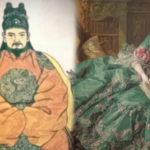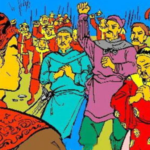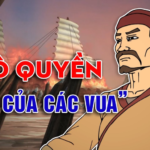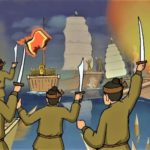Based on the statistical data from the General Statistics Office, Quang Trung is the most popular name for wards and communes nationwide, with a total of 25. Therefore, Quang Trung is considered to be the most commonly used name for administrative units at the commune level.
The localities with wards and communes named Quang Trung include: Hanoi, Ha Giang, Cao Bang, Thai Nguyen, Lang Son, Quang Ninh, Hai Duong, Hai Phong, Hung Yen, Thai Binh, Ha Nam, Nam Dinh, Thanh Hoa, Nghe An, Binh Dinh, Kon Tum, and Dong Nai.
Nguyen Hue, also known as Emperor Quang Trung, is a famous hero in Vietnamese history. He was crowned as the emperor of the Tay Son dynasty, succeeding his older brother Nguyen Nhac. To this day, Quang Trung is still remembered as a towering figure in the nation’s military history, with unparalleled military talent that instilled fear in his enemies.
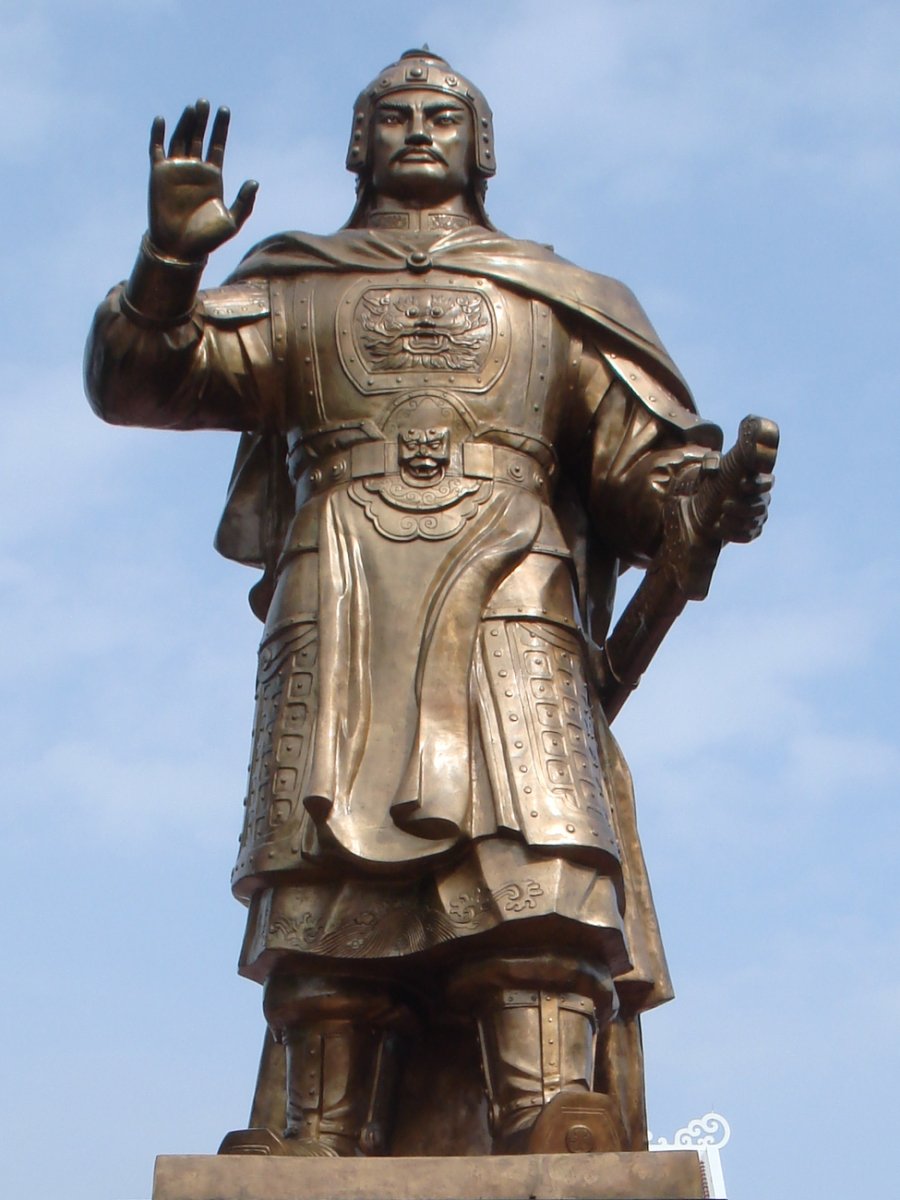
Quang Trung is the most popular name for wards and communes nationwide, with a total of 25
In the early days of his life, witnessing a divided country, Nguyen Hue, together with his two younger brothers, Nguyen Nhac and Nguyen Lu, raised the flag of rebellion, marking the glorious peasant movement of Tay Son. He quickly became the soul and pillar of this uprising, greatly contributing to ending the chaos and putting an end to the power struggle of feudal forces.
After defeating the Siamese army and stabilizing the situation in the South, he continued to advance northward, wiping out the Trinh forces and restoring power to the Le dynasty. Particularly in 1788, when the Qing army led by Emperor Qianlong with a formidable force attempted to invade Dai Viet, Nguyen Hue ascended to the throne, taking on a historic mission to protect the nation.
The call for the whole nation to rise up against the enemy by the young emperor became a symbol of the Vietnamese people’s resilience and pride, a resounding pride throughout time: “Fight to let the hair grow long/Fight to let the teeth turn black/Fight to make the fleas unable to bite/Fight to make the armor impenetrable/Fight to make the doctors’ bag full of heroes.”
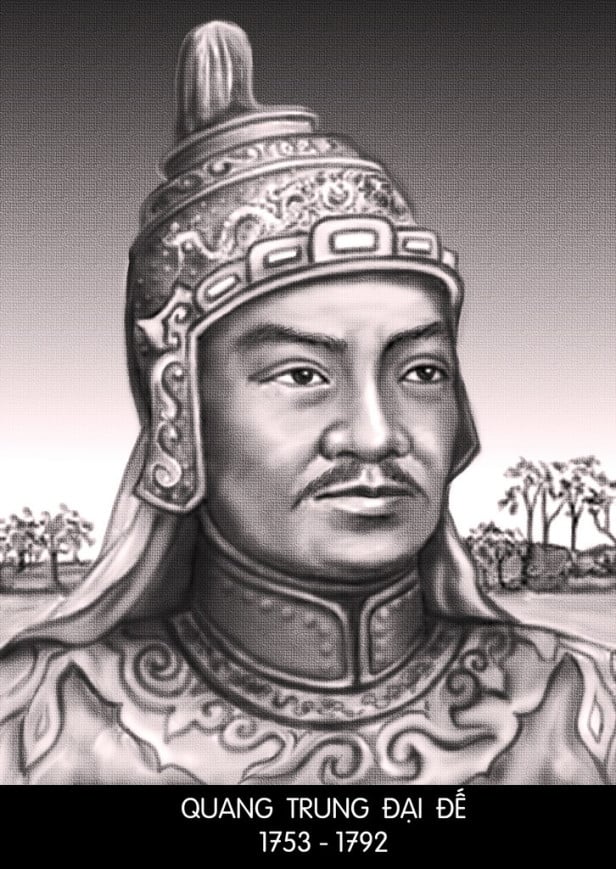
The call for the whole nation to rise up against the enemy by the young emperor became a symbol of the Vietnamese people’s resilience and pride
With extraordinary military intelligence and unwavering determination, Quang Trung – Nguyen Hue demonstrated his sharp strategic acumen in the face of superior enemy forces, through in-depth analysis of the situation, a comprehensive understanding of the enemy, and selecting the right timing to launch strategic attacks, targeting the enemy’s command center.
Under Quang Trung’s leadership, the Tay Son army, with strong support from the people, launched a decisive and surprise attack during the Lunar New Year, sweeping away the invading Qing forces and preserving the integrity and independence of the territory.
The victory at Ngoc Hoi – Dong Da became one of the most brilliant achievements in the nation’s history, the pinnacle of the Tay Son movement, built on the strength of the muddy-footed farmers and the nation’s spirit of autonomy. This victory not only demonstrated the exceptional military talent of Quang Trung – Nguyen Hue but also reflected a new stage of development in Vietnam’s military strategy, creating great pride for the nation in building and defending the country.
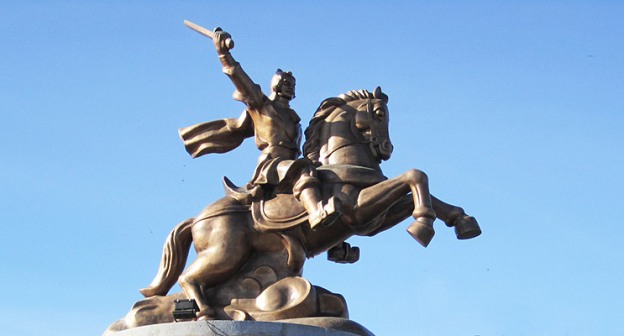
Emperor Quang Trung possessed extraordinary military intelligence and unwavering determination
Quang Trung is also recorded in history as a king who never tasted defeat in military campaigns, and during his reign, he implemented many progressive economic and social reforms, receiving strong support from the people. However, his premature death left many unrealized plans.
The life and career of Emperor Quang Trung – Nguyen Hue are a testament to the intelligence and leadership skills of a legendary general, a talented military leader, and an insightful emperor, symbolizing the uniqueness of Vietnam’s history in the 18th century.
Although the Tay Son dynasty existed for a short period of less than three decades, it left a deep mark by continuing to expand the territory after years of division caused by power struggles among major forces. The dynasty also defeated foreign invaders, the Siamese army and the Qing dynasty, with rapid and courageous military campaigns.

























